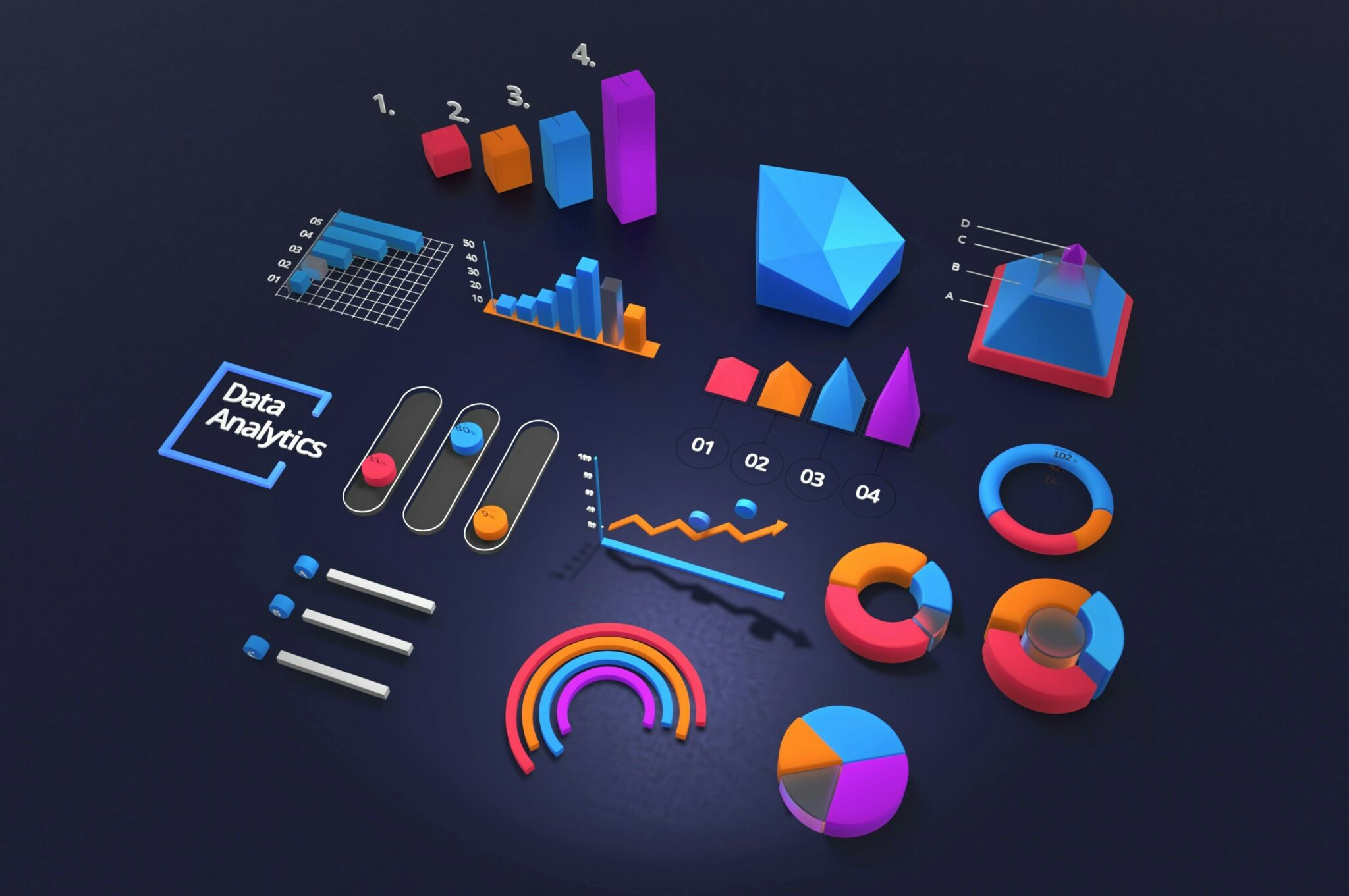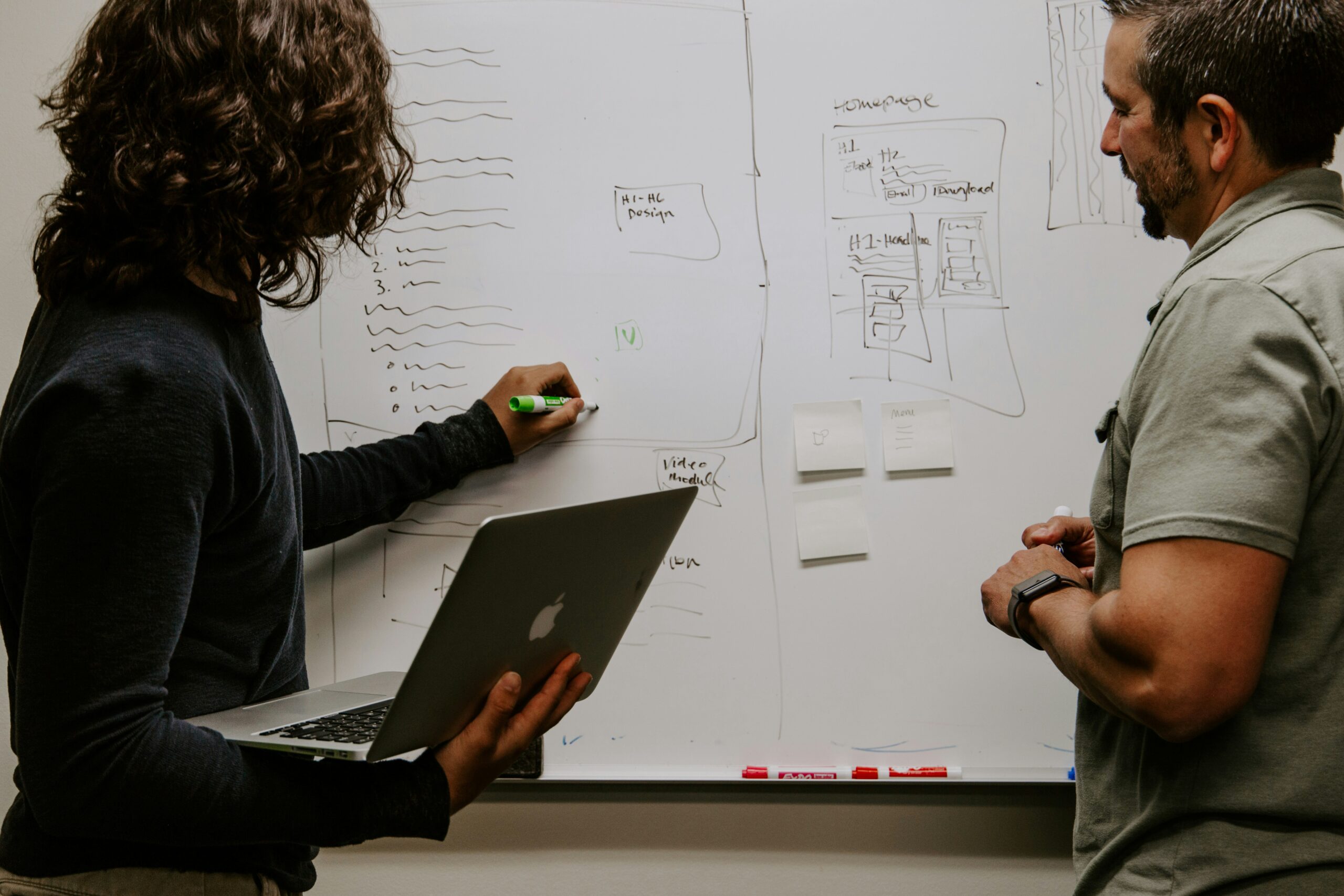Accompanied ShoppingThis form of research involves accompanying consumers as they interact with the brand – before, during and / or post-purchase.
The researcher may be required to accompany the shopper instore, online, during a phone conversation or a face-to-face meeting.
Another term for this form of market research is Accompanied Shopping Trip or AST.
During this accompaniment the shopper may be passively observed or actively questioned as the shopping activity unfolds.
This method allows researchers to gain a better understanding of the consumer’s conscious and subconscious needs, expectations and behaviours at each step of their brand journey. It also enables a comparison to be made between the experience the consumer wants or needs and the one that they feel is being provided for them by the brand.
Accompanied shopping research can lead to significant changes being made in terms of brand delivery, thereby increasing brand conversion, loyalty and ROI.
Accompanied Surfs (Online Accompanied Shops)This is the name given to the specific process of observing consumers as they interact with the brand online. It is also called Usability Testing. Observation may be passive or may involve questioning as the surf is taking place.
Accompanied Surfs may take place in consumer’s homes or in specially configured viewing facilities. Neuroscience techniques such as eye-tracking and facial coding are commonly used by to enhance the understanding of the consumer’s experience and identify issues that the consumer may find hard to verbalise.
Accompanied surfs enable B2C and B2B brands to make adjustments that significantly enhance the user experience, thereby increasing rates of satisfaction and uptake.
Ad Concept TestingAd concept testing involves the testing of initial ad concepts or more finished executions using either qualitative or quantitative approaches. Designed to assess relevance, understanding, impact, appeal and potential longevity. Can also be referred to simply as concept testing.
Ad Hoc ResearchA one-off study designed to obtain insight in relation to a specific set of questions or issues at a particular point in time. By contrast, ongoing or longitudinal research programmes are designed assess changes over time.
By its nature, most qualitative market research is ad hoc.
Ad Positioning Statement TestingThis involves initial testing of different brand positioning statements with the target audience in order to understand which will resonate most strongly in advertising.
Ad Recall ResearchThis form of research is designed to measure the recall and impact of a specific advertisement or set of advertisements by assessing the extent to which the respondent can recall the content (correctly).
Ad recall research can either be conducted on an aided or unaided basis. Aided ad recall research involves prompting respondents with regard to the ad when the focus of the research is on recall, understanding and relevance.
During unaided ad recall, respondents’ knowledge of the brand and the advert is measured without prompting. This approach provides greater scrutiny of the brand and the impact of the ad because it relies on top of mind recall.
Ad Tracking ResearchThis refers to the periodic measurements of the appeal, relevance and impact of individual advertisements over time.
Advertising Claim SubstantiationThis involves testing of product performance to prove claims made in advertising can be upheld.
Advertising Effectiveness ResearchDetermines the extent to which a specific advertisement or advertising campaign meets its marketing goals and objectives.
Advertising ResearchAdvertising research is a broad term that covers either qualitative or quantitative research undertaken on advertising that is either being developed or which has already been launched – on TV, in the cinema, or via radio, press, internet, or poster.
Advertising research is undertaken to refine strategy and / or execution, or following campaign launch to monitor the extent to which campaign objectives are being met. Post launch research can also be used to make further edits.
Advertising Tracking ResearchThe periodic measurements of the appeal, relevance and impact of individual advertisements over time.
AnimaticAn animatic is used to capture and communicate an advertising idea during its earliest stages of development. Animatics are usually sketches or cartoons that are mounted on polyboard or combined in to short videos supported by voiceovers and / or soundtracks.
Animatics are often used in advertising development research to explore the underlying creative idea or advertising content. However, their unfinished nature typically requires sensitive handing by the research agency when exposing them to respondents.
An alternative to the animatic is the stealomatic which uses audio visual cues such as film clips to represent the style of the proposed advertisement.
AnthropomorphicIn market research, this term relates to the process of assigning human like characteristics to inanimate objects, animals, or forces of nature.
Attitude, Awareness, & Usage (AAU) StudyThis form of quantitative study measures, records and compares consumer attitudes and awareness in relation to a specific brand, product or product category.
Attribute AnalysisThis is a research technique used to develop lists of characteristics, uses, or benefits in relation to a particular product category.
Audience ResearchResearch process whereby participants view movies, television programmes or advertisements.
Availability BiasIn 1973 Daniel Kahneman and Amos Tversky explored the notion that the more easily an event can be brought to mind the more likely we are to believe - and overestimate - that it can actually happen.
Availability bias has subsequently become an acceptable concept in law, political science and other relevant disciplines such as consumer marketing.
For example, when a serious motor accident receives coverage in the media, availability bias means that those exposed to the coverage are more likely to imagine such an event befalling them. This explains why people may be more willing to buy insurance after such an event has occurred.





















